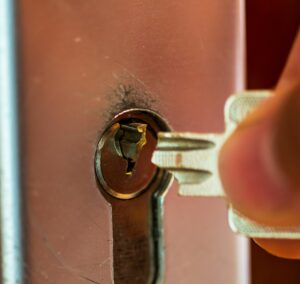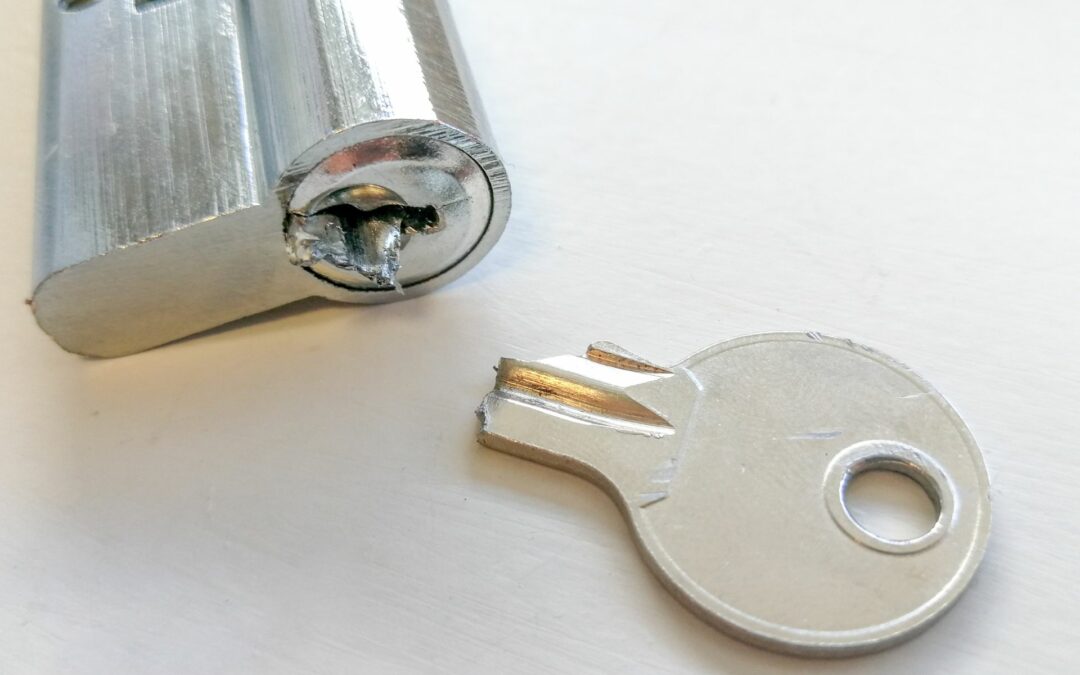Common Causes of Key Breakage in Residential Locks
Residential locks are designed to provide security and peace of mind, but sometimes, the keys that operate them can break. Understanding the common causes of key breakage in residential locks can help prevent this inconvenience and potential security risk.
One of the most common causes of key breakage is excessive force. When we are in a rush or frustrated, it’s easy to insert a key into a lock and turn it with too much force. Additionally, worn-out locks or keys that have not been properly maintained are more susceptible to breakage. Poorly made or low-quality keys can also contribute to breakage, as they may not be able to withstand daily wear and tear. It’s important to remember that keys are meant to be turned gently, so applying excessive force should be avoided.
Another common cause of key breakage is the presence of foreign objects in the lock. If small debris or dirt gets into the keyway, it can cause the key to get stuck or break. This is why it’s important to keep the lock and keyway clean and avoid inserting keys that are bent or damaged. Additionally, extreme temperature fluctuations can cause keys to expand or contract, increasing the likelihood of breakage. Taking precautions to keep the lock and keyway clean, as well as ensuring the key is in good condition, can reduce the risk of key breakage in residential locks.

Signs and Symptoms of a Broken Key in a Residential Lock
A broken key in a residential lock can be a frustrating and potentially costly situation. It can not only prevent you from gaining access to your home or property but can also damage the lock itself. Therefore, it is important to be aware of the signs and symptoms of a broken key in a residential lock so that you can take appropriate action.
One common sign of a broken key is when it doesn’t turn smoothly or gets stuck in the lock. You may notice resistance or hear a grinding noise when you try to turn the key. In some cases, the key may break off inside the lock, leaving a portion of it stuck. Another indication of a broken key is if the lock becomes increasingly difficult to operate or if it fails to open altogether.
If you suspect that you have a broken key in your residential lock, it is important not to force the key or attempt to remove it yourself. Doing so could cause further damage to the lock or result in the key breaking off completely, making the extraction process more challenging. Instead, it is advisable to seek professional help from a locksmith who has the tools and expertise to safely extract the broken key without causing any additional harm to the lock.
Step-by-Step Guide to Safely Remove a Broken Key from a Lock
When faced with a broken key in a residential lock, it can be tempting to panic or attempt a quick fix yourself. However, it’s important to approach the situation calmly and follow a step-by-step process to safely remove the broken key.
First, it’s essential to assess the situation and determine the extent of the breakage. If the key is only partially broken and a significant portion is still visible, you may be able to use tweezers or needle-nose pliers to carefully extract it.
Grasp the broken end firmly and gently pull it out, being careful not to push it further into the lock. If the broken key is lodged deeper in the lock and not easily accessible, you may need to use a broken key extractor tool. These specialized tools are designed to fit into the lock and aid in the removal of broken keys.
Insert the extractor tool into the lock and hook it onto the broken key fragment. Apply steady pressure and slowly pull the key out. It’s important to avoid using excessive force, as this may cause further damage to the lock.
Remember, attempting to remove a broken key from a lock can be tricky and may require some finesse. If you’re unsure or uncomfortable with the process, it’s always best to seek the assistance of a professional locksmith. They have the expertise, tools, and experience to safely remove broken keys and restore the functionality of your residential lock.
Protect Your Home Today
Don’t let a broken key compromise the security of your home. Contact us now to schedule a professional inspection of your residential locks and ensure they are in optimal condition. Our experienced locksmiths can identify any potential issues and provide solutions to keep your home safe and secure.

